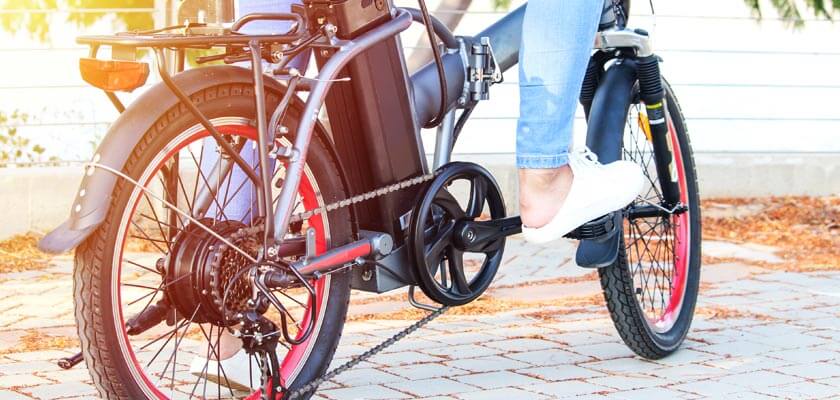Anyone who has spent a considerable amount of time in Colorado knows that this state is one of the most recreation-friendly states in the nation. Colorado residents love to get outdoors and experience everything nature has to offer, proven by the state’s vast network of hiking and biking trails. Electric bikes are a recent addition to the recreation opportunities available to Colorado residents, and new laws are in place to oversee their use.

Perhaps the most basic laws Colorado instituted regarding electric bikes deals with the very definition of an electric bike. As of January 1, 2018, three classes of electric bikes exist within the state of Colorado, dependent on the type of assistance the bike’s motor provides to the rider, and the maximum speed allowed. The state defines the three classes as follows:
Colorado law sets a variety of other laws governing electric bikes. Other laws vary by county or city and dictate the thoroughfares upon which electric bike riders may operate. The Denver bicycle accident lawyers at Fang Accident Lawyers recommend following the statutes in the state of Colorado:
At this time, you do not need a driver’s license or special bike license to ride an electric bike in the state of Colorado.
Unless your city or county forbids the practice, you may operate a Class 1 or Class 2 electric bike on the sidewalk; you may not operate a Class 3 bike on a sidewalk or pedestrian path.
Most cities do not have electric bike statutes in place, so the state law applies. However, Breckenridge and a few other cities state that you cannot operate electric bikes on the sidewalks or bike paths in the area, so it is always best to check local laws when planning a bike trip.
Legal electric bikes in Class 1 and Class 2 provide motor assistance at speeds up to 20 miles per hour. Class 3 bikes provide assistance up to 28 miles per hour.
Currently, there are no age restrictions on riders of Class 1 and Class 2 electric bikes. Riders of Class 3 electric bikes must be at least 16, unless riding as a passenger.
Currently, the state sets no regulations on headgear for riders of Class 1 and Class 2 electric bikes. Riders of Class 3 electric bikes that are under the age of 18 must wear an approved bicycle helmet.
Riders can operate electric bikes on a regular street. However, if the rider is traveling at a rate of speed slower than the average flow of traffic, the rider must occupy the far right-hand lane or the bicycle lane. The rider can move to another lane in low-speed areas or when preparing to make a left-hand turn.
Yes. Electric bike riders must follow all rules of the road that apply to motor vehicles and must stop, yield, merge, turn, and give the right of way according to traffic signs and signals.
It is clear that electric bikes in Colorado are here to stay. Electric bike laws exist for the safety of riders, pedestrians, and drivers alike. Follow all the rules of the road to ensure a safe, fun ride. If you or a loved one are a victim of negligence in a bicycle accident, don’t hesitate to schedule to a free consultation with our Denver personal injury attorneys.